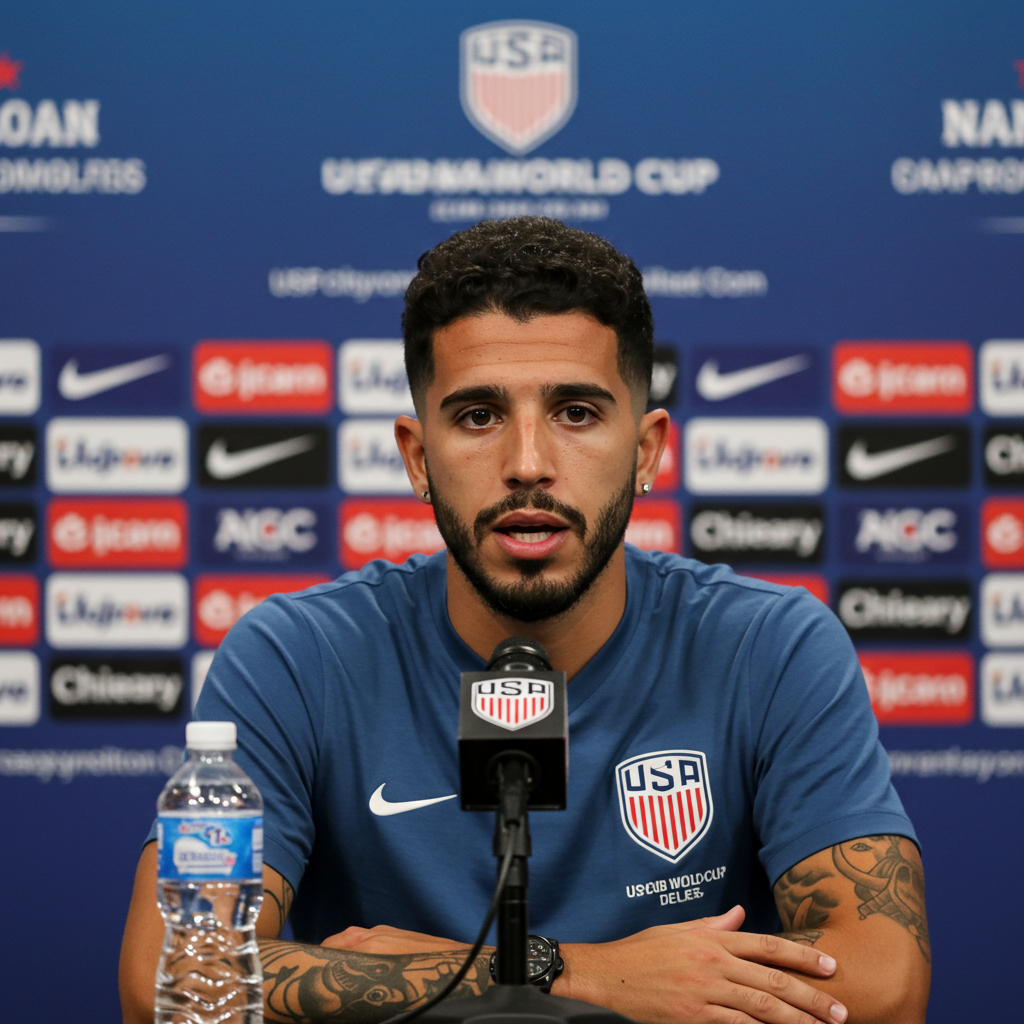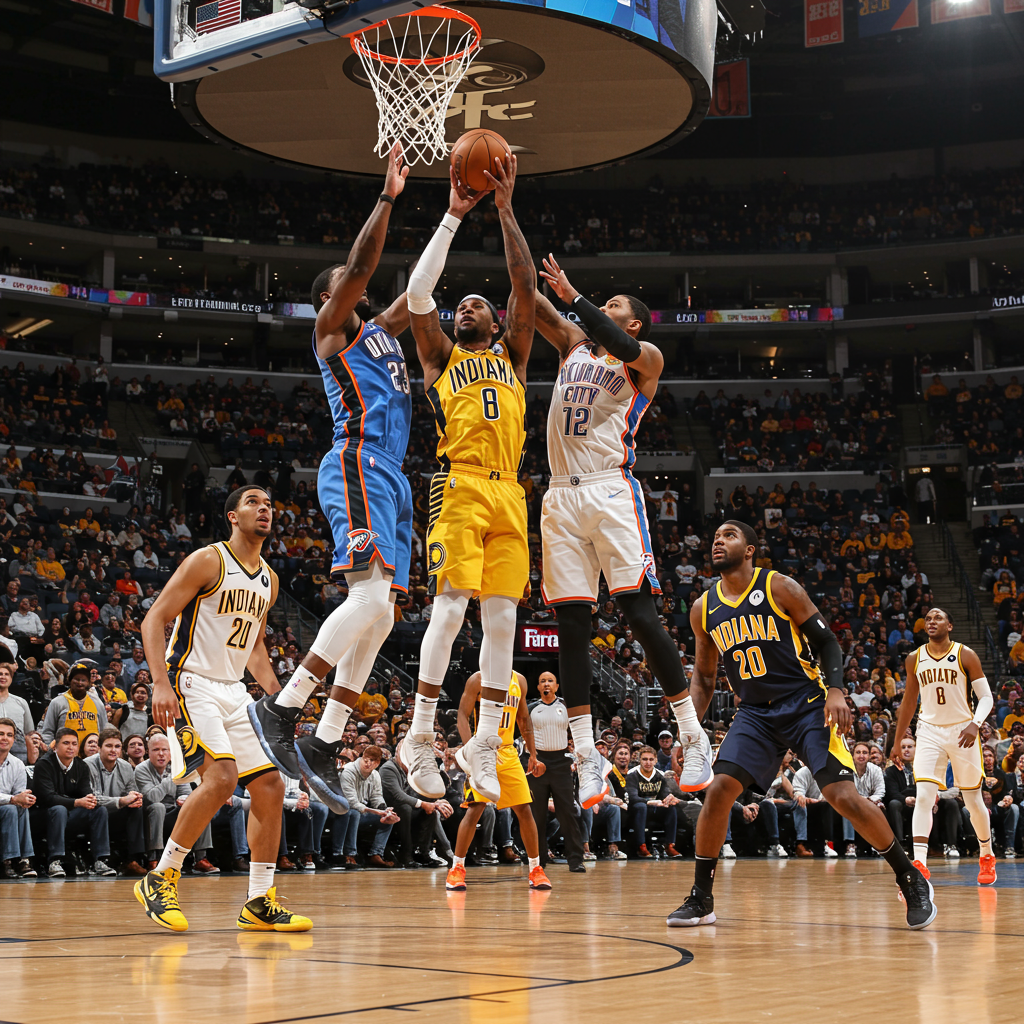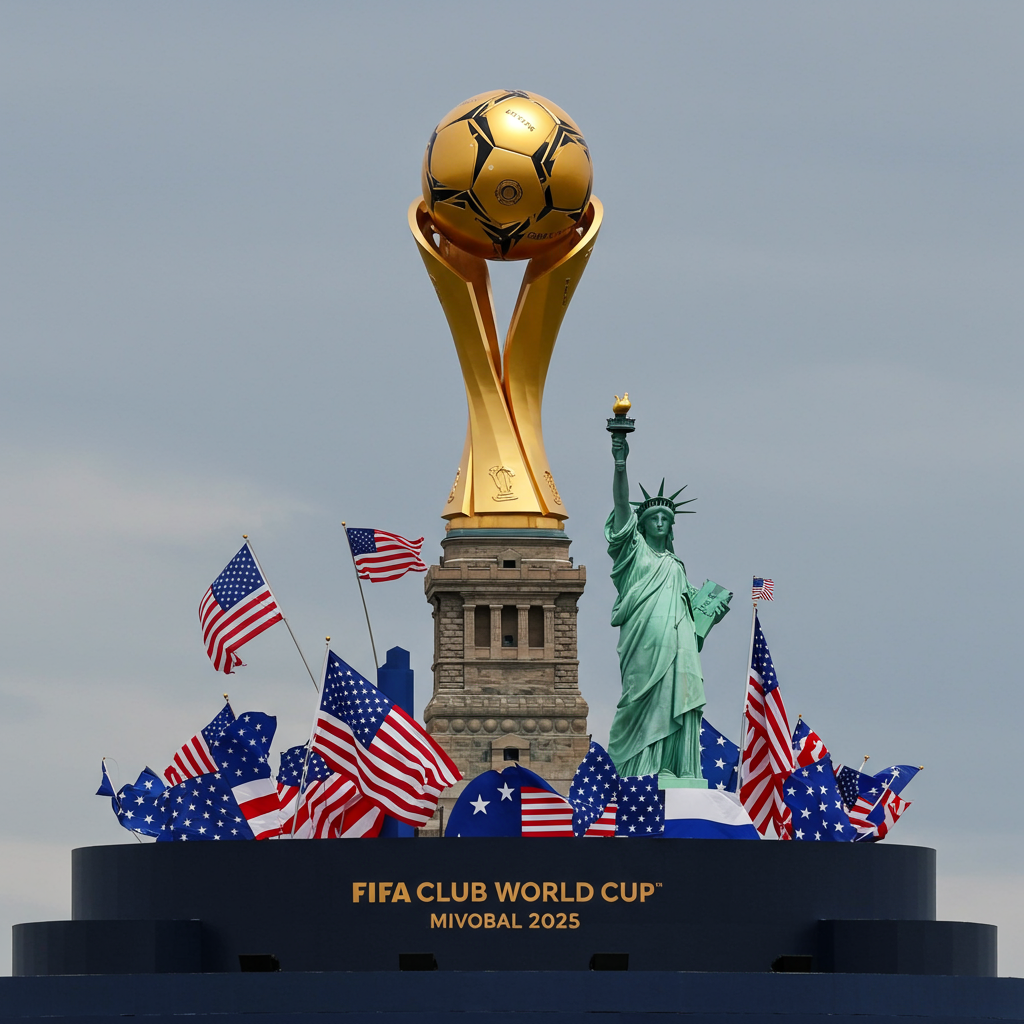Unforeseen drama often shapes major football tournaments, but the recent FIFA Club world Cup in the United States has introduced a disruptive force beyond tactics and rivalries: the weather. Chelsea’s head coach, Enzo Maresca, didn’t mince words after his team’s recent match in Charlotte was severely interrupted. He publicly slammed the frequent storm delays as a “joke.” Furthermore, he questioned the fundamental suitability of certain American cities as host venues for a prestigious global competition during this time of year.
The immediate trigger for Maresca’s frustration was Chelsea’s round-of-16 tie against Benfica. The game, held on a Saturday evening in Charlotte, North Carolina, was plunged into chaos when severe weather prompted a lengthy suspension. Players were forced off the pitch for a staggering 113 minutes. This nearly two-hour pause occurred just as the match neared its conclusion. Despite the significant disruption, Chelsea ultimately secured a 4-1 victory. They won the game in extra time after a controversial penalty for Benfica in stoppage time extended the contest. The extraordinary delay meant the match didn’t conclude until well over four hours after its scheduled start.
For Maresca, the experience went beyond simple inconvenience. He forcefully stated that such prolonged stoppages fundamentally alter the game. “For me personally it’s not football,” he declared when asked about the difficulty of restarting play. He noted that the Charlotte incident was not isolated. It represented the sixth weather-enforced interruption of the tournament and the third delay exceeding an hour. The sheer frequency of these events led him to his strong conclusion.
“It’s a joke to be honest, it’s not football,” Maresca reiterated. He acknowledged the necessity of suspending play for security reasons during lightning or severe storms. However, he argued that if a tournament experiences seven or eight such suspensions, it indicates a deeper flaw in the planning. “If you suspend seven, eight games, that means it is probably not the right place to do this competition,” he reasoned. He emphasized that going “inside” for two hours completely breaks the flow and mental state of the players. They lose focus, chat, eat, or use their phones. This makes resuming the match “completely something different” and incredibly difficult. He starkly contrasted this with major tournaments like the World Cup or those held in Europe. These typically experience virtually zero weather-related delays.
Widespread Disruptions Across US Venues
Maresca wasn’t just criticizing the conditions in Charlotte. He questioned the overall decision-making process for selecting venues. His point centered on the pattern of delays seen across multiple sites. Before Chelsea’s knockout match was suspended, five group stage games had already faced weather interruptions.
One notable incident involved Ulsan and Mamelodi Sundowns playing in Orlando, Florida. Their game on June 17 was delayed for over an hour. The following day, almost 900 miles away in Cincinnati, Ohio, severe thunderstorms forced a 97-minute halt during the Red Bull Salzburg vs. Pachuca match. Even MetLife Stadium in East Rutherford, New Jersey, slated to host the tournament final and significant 2026 World Cup matches, experienced a brief suspension due to flash storms. Other affected locations included Nashville, Tennessee, where Auckland City faced a 40-minute delay, and Orlando again, which saw the longest reported stoppage: a two-hour delay for Benfica vs. Auckland City. Intriguingly, reports from Charlotte indicated no actual rainfall occurred at the stadium during Chelsea’s nearly two-hour lightning delay.
The prevalence of these delays across different states underscores Maresca’s point about a potential systemic issue with venue choice or scheduling. While security is paramount, the consistent interruptions raised questions about whether playing a tournament of this magnitude during the summer storm season in certain US regions was adequately planned.
Expert Insights and Future Implications
Adding weight to the discussion, a National Weather Service expert commented on the situation. Ben Schott, an operations chief, confirmed that the intense thunderstorm activity witnessed is “very typical” for this time of year. He noted it’s common, especially east of the Rocky Mountains and in the northern half of the US. This weather pattern can produce storms every few days. Schott, who has been working with FIFA to plan for the 2026 World Cup, suggested similar conditions could potentially affect the future tournament as well.
This expert view supports the idea that the weather challenges encountered were foreseeable. It shifts the focus from unavoidable acts of nature to questions about tournament timing and location selection. Only one of the 12 tournament venues, Atlanta’s Mercedes-Benz Stadium, possesses a full, retractable roof capable of shielding the pitch from such conditions. Most others are open-air or have partial coverings.
It’s also significant to note which delayed venues are also slated for the 2026 World Cup. While Orlando, Cincinnati, Nashville, and Charlotte experienced delays but are not 2026 hosts, MetLife Stadium in New Jersey is a key 2026 venue. It’s scheduled to host both semi-finals and the final of the current Club World Cup. This overlap means the weather challenges faced during this tournament serve as a direct preview of potential issues for the larger World Cup. This expanded Club World Cup effectively acts as a test event for 2026. The weather disruptions, alongside other reported issues like pitch conditions and scheduling challenges (including extreme heat for daytime matches), highlight the significant logistical hurdles involved in hosting major football tournaments across vast, climatically diverse regions of the US during the summer.
Impact on Players and the Game
Beyond the logistical headaches, the constant stopping and starting takes a toll on the athletes. Chelsea players reportedly attempted to stay ready during the Charlotte delay, using exercise bikes and kicking a ball around in the dressing room. However, Maresca argued this is insufficient.
“It’s not the same game because you break the tempo,” he explained. Being off the pitch for two hours, with players relaxing and communicating with the outside world, fundamentally changes their mindset and physical state compared to the focused intensity required on the field. As Chelsea captain Reece James reportedly put it, the wait was “quite disruptive.” This loss of tempo and focus can directly impact performance and tactical execution upon restart. The controversial penalty conceded by Chelsea shortly after play resumed in Charlotte, which sent the game to extra time, could be cited as an example of how such disruptions can lead to altered game dynamics and costly errors.
Maresca was keen not to detract from the significance of the Club World Cup itself. He praised it as a “fantastic competition” and expressed happiness at Chelsea progressing. However, his criticism of the handling of weather delays was pointed and clear. He believes the frequency of suspensions points to a need for organizers to critically review their choices and potentially identify “a reason” why such widespread delays are occurring, unlike in other major global football events. The debate raises important questions for FIFA and future tournament hosts about balancing optimal competitive conditions with geographic and seasonal climate realities.
Frequently Asked Questions
What did Enzo Maresca say about the Club World Cup weather delays?
Chelsea coach Enzo Maresca strongly criticized the weather delays during the Club World Cup in the US, labeling them a “joke” and stating that such interruptions meant “it’s not football.” He argued that the frequent delays (over six reported tournament-wide) suggest the United States might not be “the right place” to hold the competition at this time of year, despite acknowledging security reasons for suspensions. He felt prolonged stops broke players’ focus and the game’s tempo.
Which US cities hosting the Club World Cup experienced significant weather delays?
Several US cities hosting the Club World Cup faced significant weather delays due to thunderstorms. These included Charlotte, North Carolina (where Chelsea’s match was delayed for 113 minutes), Orlando, Florida (experiencing delays over an hour, including a two-hour stoppage), Cincinnati, Ohio (with a 97-minute delay), Nashville, Tennessee (a 40-minute delay), and East Rutherford, New Jersey (MetLife Stadium, which saw a brief suspension).
How might the frequent weather delays impact planning for the 2026 World Cup in the US?
The frequent weather delays during the Club World Cup, confirmed by a National Weather Service expert as typical for US summers, serve as a critical test for the 2026 World Cup, which the US will co-host. The experience highlights the challenge of scheduling matches across diverse climate zones during thunderstorm season. Organizers may need to reconsider venue choices, schedule timings, or explore infrastructure solutions like retractable roofs where feasible, to minimize disruptions and ensure player safety and game integrity during the larger, more complex 2026 tournament.
In conclusion, Enzo Maresca’s outspoken criticism shines a spotlight on a significant challenge faced by the expanded FIFA Club World Cup in the United States: navigating the realities of summer weather patterns. The frequent and lengthy delays have impacted game integrity and player performance, leading to questions about the planning and suitability of venues. As the US prepares to co-host the 2026 World Cup, addressing these issues will be crucial to delivering a smooth and successful tournament, ensuring the focus remains squarely on the football itself, not the disruptions caused by forces off the pitch.
Word Count Check: 1186



